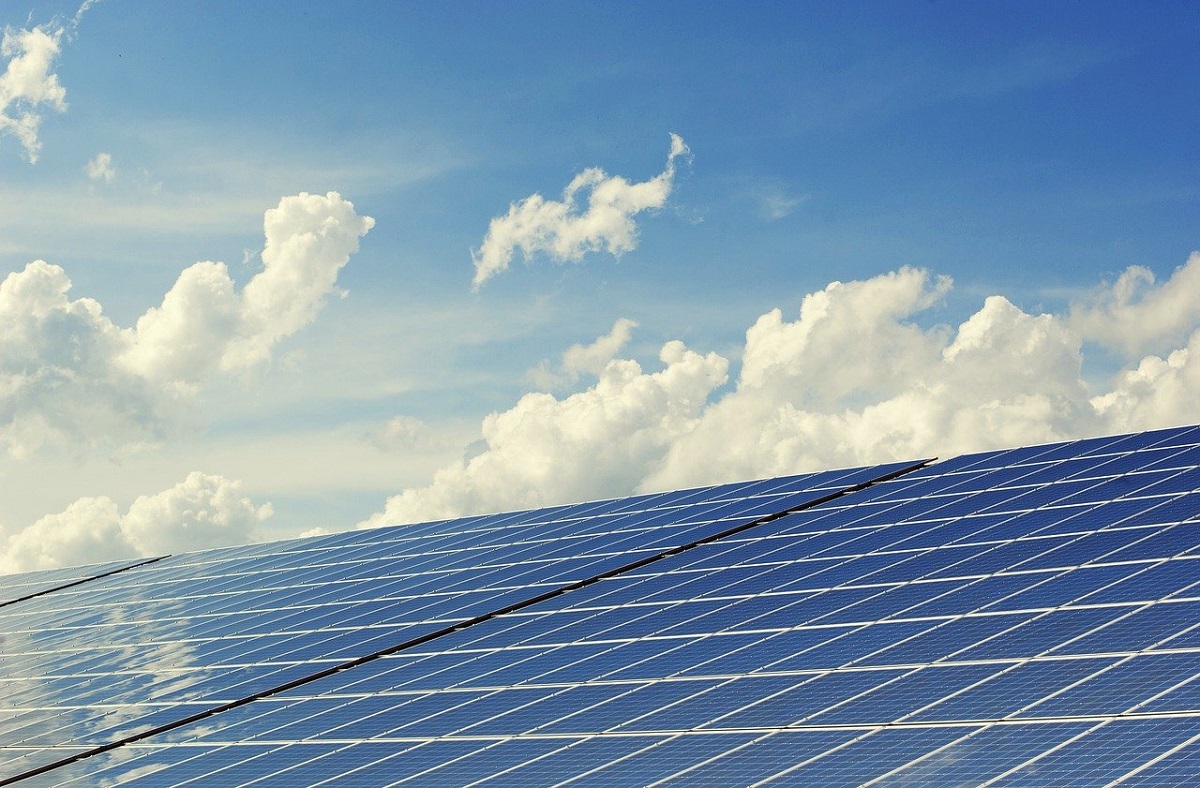Nothing impossible can become possible. This motto may best reflect the state of the energy transition worldwide and is particularly adequate for the Arab world. Following the great technological and cultural achievements in the Middle East, and especially in the United Arab Emirates, Saudi Arabia is a true example of change, which has been realized quickly and efficiently in the field of renewable energy sources. The changes are thorough but surprisingly bold and have shown enough flexibility to join the green energy effort despite the challenges and specifics of this part of the world, although they seem contradictory when they come from the world’s largest oil producer.
This country has shown a strong will to keep pace with the world in the field of energy, joining the energy transition bravely and without hesitation. It points to the global consensus of the energy transition to green energy, decarbonization (0 emissions by 2500) and the creation of sustainable green energy in the medium and long term is alive and all countries in the world are contributing to this important process. Why is this example perhaps one of the most unique in this process?
The connection of the world’s largest producer of crude oil Saudi Arabia, in the green transition through a strong investment cycle of capacity building from renewable energy sources is a really interesting example. Undoubtedly, the Kingdom of Saudi Arabia is the largest producer of fossil fuels and has joined the global green initiative, showing controversy over global changes in the world of energy. According to the National Plan for Renewable Energy Sources, 9.5 GW are invested in the kingdom, in renewable energy sources. The National Renewable Energy Program (NREP), and part of the investments have already been realized.
The implementation of this national plan in solar power plants and wind farms is worth between 30 to 50 billion dollars, and almost all projects are based on private-public partnership. Thus, in addition to investments in renewable energy sources, the country attracts fresh capital in the implementation of these projects. Additionally, the process of energy transition contributes to the change of the way of life in the society, but also to the development of new innovative models and above all the creation of new jobs in the country. It is estimated that the renewable energy sector in Saudi Arabia will create 750,000 new jobs by 2030, a figure that offers serious prosperity and successful economic transformation. Although the Covid 19 virus pandemic has slowed down the investment process in this sector globally, in the Kingdom the process continues with an accelerated pace to achieve the set goals.
The statements and commitments coming from Saudi Arabia are a good indication that the energy transition is no longer a matter of desire or commitment, but a common obligation of all countries that must pursue a green agenda and reduce CO 2 emissions from their homes.
Although oil is still of strategic and economic importance in the Middle East at the moment, the example of Saudi Arabia shows that with a good plan and vision the energy transition can take place gradually and contribute to a larger energy mix in the country. The combination of several renewable options, including green hydrogen, which are part of the plan of this country, will contribute to a greater share of energy taken in the total energy supply in Saudi Arabia and the entire Middle East.
Saudi Arabia is a country in the Middle East with a reduced percentage of investment in renewable energy sources. In this region of the world, the United Arab Emirates is the leader in terms of investments in this segment. According to the data, so far 150 billion dollars have been invested in the Middle East in solar energy, and about 28 billion in wind energy, small hydropower plants and geothermal energy.
Although the process of investment in renewables has begun in Saudi Arabia and the Middle East, in these countries oil is and will be a significant factor in the economy in the near future. The investments in renewable energy in this region are just beginning, but these countries will certainly not give up their biggest trump card, oil. However, the need for energy diversification and the creation of a solid energy mix is strongly taken into account. These countries are also following the trend of large international oil companies that are starting the decarbonization process.
Investing in renewable energy in Saudi Arabia and the Middle East can not only be seen as a goodwill contribution to the environment. It is also a great investment opportunity. For investors from Saudi Arabia and the Middle East, investing in renewable energy sources other than the domestic market is a business opportunity. Therefore they invest in similar projects in North Africa and other countries. Saudi Arabia and the Middle East, have undoubtedly taken the first step towards an energy transition in their own countries and beyond. On the positive side, Saudi Arabia has shown the flexibility to begin the process of creating an energy transition and a larger energy mix by investing in renewable sources. The interest in investing in renewable energy sources and the profitability of these investments is another optimistic announcement for the entire sector of renewable energy sources.

